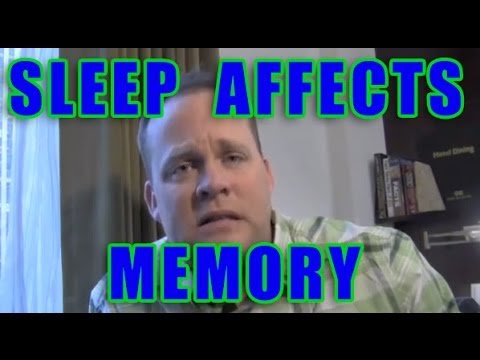How Sleep Affects Memory
ins_user2016-10-22T09:06:13+00:00Ron White memory expert and USA Memory Champion discusses how sleep affects memory: Here is the scenario, you are going into a mental tournament against some of the smartest men and women you know and you can't sleep the night before! This was not an imaginary scenario for me...it is exactly what occurred for me the night before the 2010 USA Memory Championship. I was wound up so much that at 6am I still hadn't had 1 minute of sleep and I would be competing in 2.5 hours in a memory tournament! Needless to say, at this point I almost had given up! At 6am, my girlfriend called me and calmed me down and then sent me to bed to GO TO SLEEP! I did just that and 70 minutes later I awoke to enter the toughest mental tournament I had faced up to that point.

